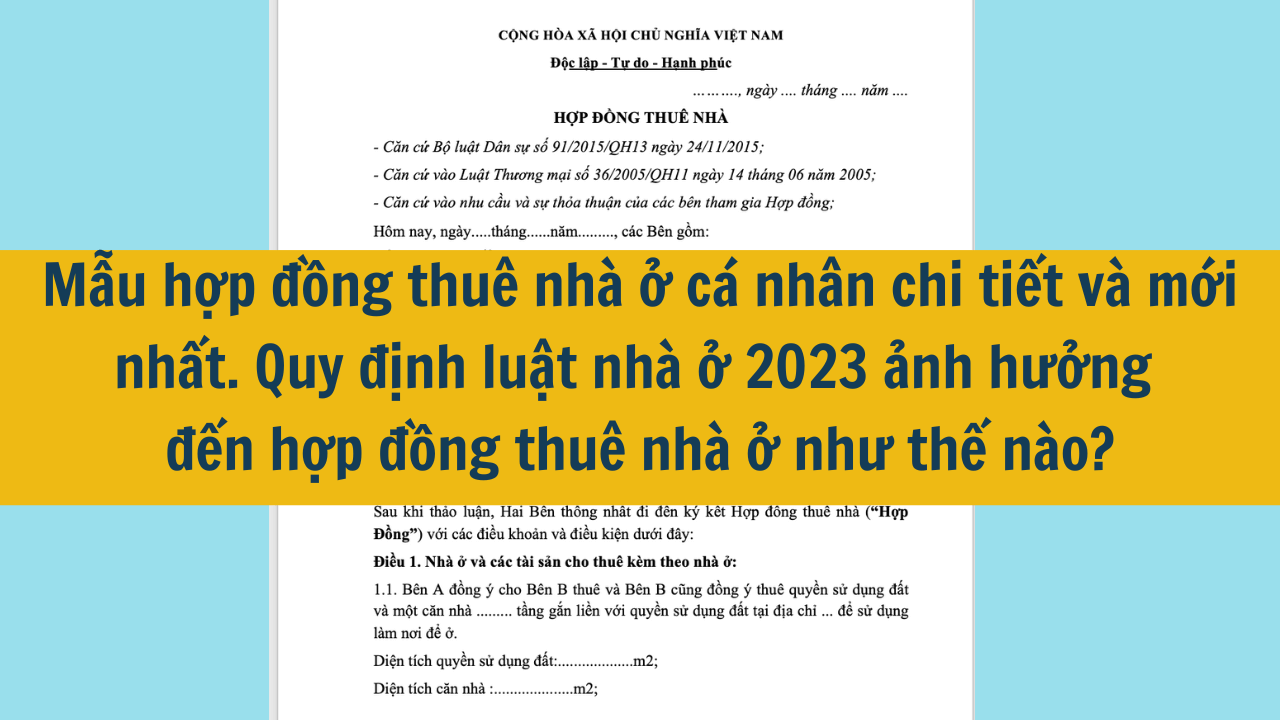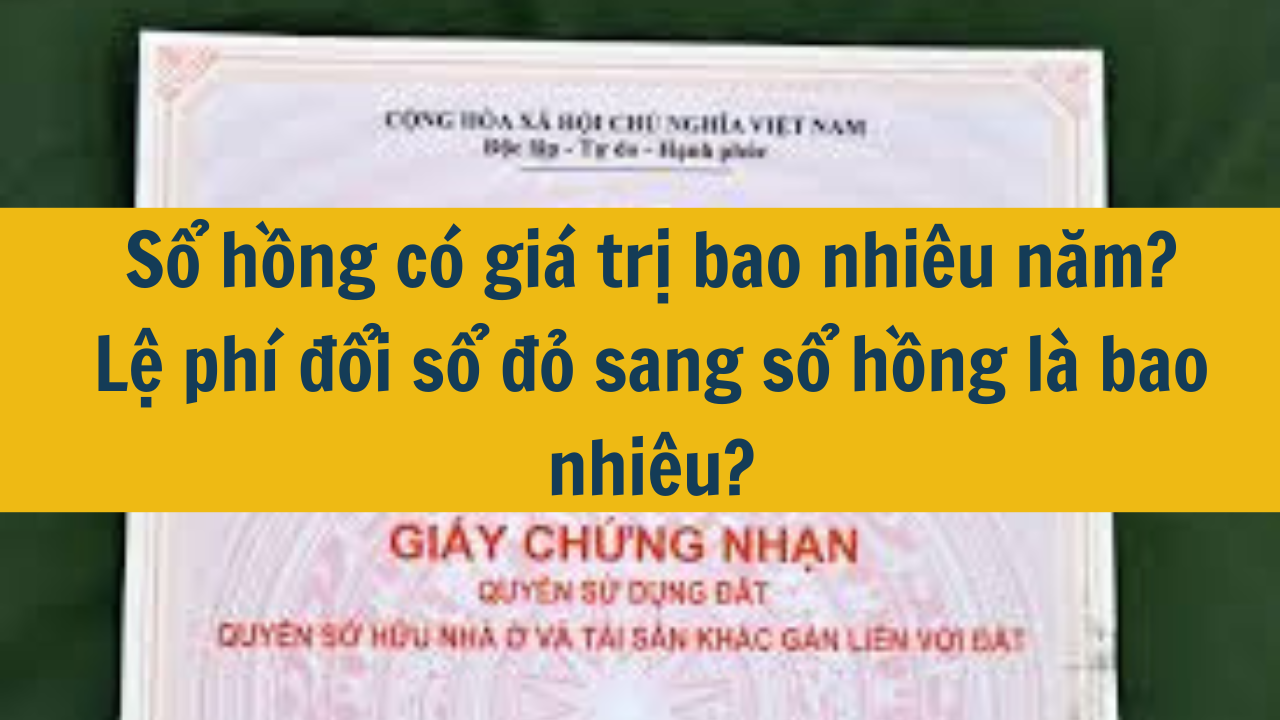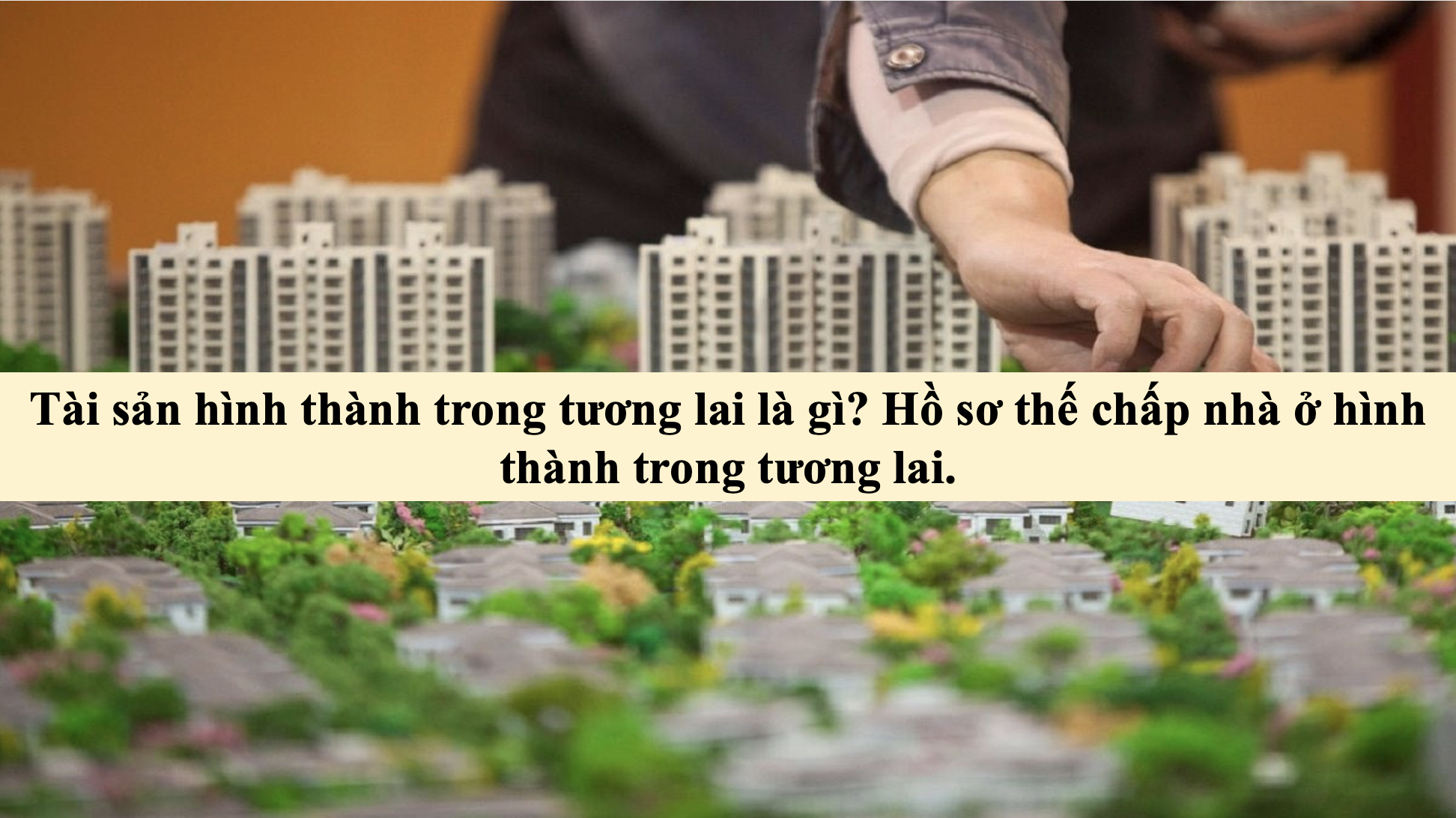 Tìm kiếm
Tìm kiếm
Chương XII Luật Nhà ở 2014: Giải quyết tranh chấp, khiếu nại, tố cáo và xử lý vi phạm pháp luật về nhà ở
| Số hiệu: | 65/2014/QH13 | Loại văn bản: | Luật |
| Nơi ban hành: | Quốc hội | Người ký: | Nguyễn Sinh Hùng |
| Ngày ban hành: | 25/11/2014 | Ngày hiệu lực: | 01/07/2015 |
| Ngày công báo: | 29/12/2014 | Số công báo: | Từ số 1169 đến số 1170 |
| Lĩnh vực: | Bất động sản | Tình trạng: | Hết hiệu lực |
TÓM TẮT VĂN BẢN
Đã có Luật nhà ở 2014
Từ ngày 01/07/2015, tổ chức, cá nhân nước ngoài được quyền sở hữu nhà ở tại Việt Nam theo quy định Luật nhà ở 2014.
Các đối tượng nước ngoài được sở hữu nhà ở Việt Nam bao gồm:
- Tổ chức, cá nhân nước ngoài đầu tư xây dựng nhà ở theo dự án tại Việt Nam; đối tượng này cần phải có Giấy chứng nhận đầu tư và nhà ở xây dựng trong dự án.
- Doanh nghiệp có vốn đầu tư nước ngoài đang hoạt động tại Việt Nam; đối tượng này cần phải có Giấy chứng nhận đầu tư hoặc giấy tờ liên quan đến việc được phép hoạt động tại Việt Nam.
- Cá nhân nước ngoài được phép nhập cảnh vào Việt Nam; cá nhân này phải không thuộc diện được hưởng quyền ưu đãi, miễn trừ ngoại giao, lãnh sự...
Cá nhân nước ngoài được sở hữu nhà ở tối đa không quá 50 năm, kể từ ngày được cấp Giấy chứng nhận nhưng có thể được gia hạn thêm thời gian nếu có nhu cầu.
Văn bản tiếng việt
Văn bản tiếng anh
1. Nhà nước khuyến khích các bên giải quyết tranh chấp về nhà ở thông qua hòa giải.
2. Tranh chấp về quyền sở hữu, quyền sử dụng nhà ở thuộc sở hữu của tổ chức, cá nhân, tranh chấp liên quan đến hợp đồng về nhà ở, hợp đồng quản lý vận hành nhà chung cư do Tòa án nhân dân giải quyết theo quy định của pháp luật.
3. Tranh chấp về quản lý, sử dụng nhà ở thuộc sở hữu nhà nước do Ủy ban nhân dân cấp tỉnh giải quyết đối với nhà ở được giao cho địa phương quản lý, Bộ Xây dựng giải quyết đối với nhà ở được giao cho cơ quan trung ương quản lý; trường hợp không đồng ý với quyết định của Ủy ban nhân dân cấp tỉnh hoặc Bộ Xây dựng thì có quyền khởi kiện tại Tòa án nhân dân theo quy định của pháp luật về tố tụng hành chính.
4. Tranh chấp về kinh phí quản lý vận hành nhà chung cư, quản lý, sử dụng kinh phí bảo trì phần sở hữu chung của nhà chung cư do Ủy ban nhân dân cấp tỉnh nơi có nhà ở đó giải quyết; trường hợp không đồng ý với quyết định của Ủy ban nhân dân cấp tỉnh thì có quyền khởi kiện tại Tòa án nhân dân theo quy định của pháp luật về tố tụng hành chính.
1. Việc khiếu nại, tố cáo và giải quyết khiếu nại, tố cáo liên quan đến phát triển và quản lý nhà ở được thực hiện theo quy định của Luật khiếu nại, Luật tố cáo.
2. Khi có quyết định giải quyết khiếu nại, tố cáo của cơ quan nhà nước có thẩm quyền về nhà ở hoặc bản án, quyết định của Tòa án đã có hiệu lực pháp luật thì các bên có liên quan phải thi hành các quyết định hoặc bản án đó.
1. Người có hành vi vi phạm pháp luật về nhà ở thì tùy theo tính chất, mức độ vi phạm mà bị xử lý hành chính hoặc bị truy cứu trách nhiệm hình sự theo quy định của pháp luật.
2. Người có hành vi vi phạm sau đây khi thi hành công vụ thì tùy theo tính chất, mức độ vi phạm mà bị xử lý kỷ luật, xử phạt hành chính hoặc bị truy cứu trách nhiệm hình sự:
a) Lợi dụng chức vụ, quyền hạn làm trái quy định của pháp luật trong việc quyết định chủ trương đầu tư dự án xây dựng nhà ở; thẩm định, phê duyệt dự án xây dựng nhà ở; quyết định, thẩm định giá bán, giá thuê, giá thuê mua nhà ở; thực hiện chính sách hỗ trợ về nhà ở; xác định nghĩa vụ tài chính về nhà ở; quản lý, cung cấp thông tin về nhà ở và quy định khác trong việc phát triển, quản lý, giao dịch về nhà ở quy định tại Luật này;
b) Thiếu trách nhiệm trong quản lý để xảy ra vi phạm pháp luật về nhà ở hoặc có hành vi vi phạm khác gây thiệt hại đến lợi ích của Nhà nước, quyền và lợi ích hợp pháp của tổ chức, hộ gia đình, cá nhân tham gia phát triển nhà ở, của chủ sở hữu nhà ở và người sử dụng hợp pháp nhà ở;
c) Vi phạm quy định về trình tự, thủ tục hành chính trong lĩnh vực nhà ở, quy định về báo cáo, thống kê trong phát triển và quản lý nhà ở.
3. Chính phủ quy định chi tiết Điều này.
SOLUTIONS TO DISPUTE, COMPLAINTS, DENUNCIATION AND VIOLATIONS AGAINST LAW ON HOUSING
Section 1. SOLUTIONS TO DISPUTE, COMPLAINTS, DENUNCIATION OF HOUSING
Article 177. Solutions to dispute about housing
1. The State encourages parties in solving dispute about housing through conciliation.
2. The dispute about the homeownership, right to enjoyment of housing under ownership of organizations or individuals, the dispute about agreements on housing, management of apartment building shall be settled by the People’s Court as prescribed.
3. The dispute about management and use of state-owned houses shall be settled by People's Committees of provinces if that houses are under management of local governments, the Ministry of Construction shall settle houses under management of central governments; in case any organization or individual does not agree with the decision made by the People’s Committee of the province or the Ministry of Construction, they have rights to file a lawsuit at the People’s Court as prescribed in law on administrative procedural.
4. The dispute about funding for management of apartment building, management and use of funding for maintenance of the common areas in the apartment building shall be settled by the People’s Committee of the province where the housing subject to dispute is located; if any organization or individual does not agree with the decision made by the People’s Committee of the province, they have rights to file a lawsuit at the People’s Court as prescribed in law on administrative procedural.
Article 178. Complaints, denunciation and solutions to complaints, denunciation of housing
1. The complaints, denunciation and solutions to complaints, denunciation of housing shall comply with the Law on complaints and the Law on denunciation.
2. When the decision on settlement of complaints or denunciation issued by the competent agency in charge of housing or the verdict delivered by the Court takes effect, relevant parties must implement that decisions or verdicts.
Section 2. SOLUTIONS TO VIOLATIONS AGAINST LAW ON HOUSING
Article 179. Solutions to violations against law on housing
1. Any person committing violations against law on housing shall face administrative sanction or face a criminal prosecution as prescribed according to nature and severity of their violations.
2. Any person on duty committing violations below shall be disciplined, face administrative sanction, or face a criminal prosecution according to nature and severity of the violations:
a) Misuse position, entitlement to commit violations against regulations on approval of policies on residential construction projects; assessment and approval of residential construction projects; decision and assessment of housing selling prices, rents, or lease purchase prices; implementation of policies on housing support; determination of financial obligations of housing; management and provision of information about housing and other regulations relating to development, management and transactions in housing as prescribed in this Law;
b) Lack of responsibility for management leading to violations against law on housing, or other violations causing damage to benefits of the State, lawful rights and interests of organizations, households or individuals involved in housing development, homeowners and lawful occupiers;
c) Commit violations against regulations on administrative procedures in housing fields, regulations on reports, statistics in development and management of housing.
3. The Government shall provide guidance on this Article.
Article 180. Solutions to violations against law on housing in case of damages to the State, organizations, households or individuals
Any person who both commits violations against law on housing and causes damages to benefits of the State, lawful rights and interests of organizations, households or individuals, he/she shall be both handled as prescribed in Article 179 of this Law and paid compensation to the State and those suffering damages.
Văn bản liên quan
Cập nhật
Điều 8. Điều kiện được công nhận quyền sở hữu nhà ở
Điều 9. Công nhận quyền sở hữu nhà ở
Điều 27. Nhà ở công vụ và kế hoạch phát triển nhà ở công vụ
Điều 28. Dự án đầu tư xây dựng nhà ở công vụ và lựa chọn chủ đầu tư dự án
Điều 64. Quản lý, sử dụng nhà ở xã hội
Điều 80. Các loại nhà ở thuộc sở hữu nhà nước
Điều 118. Điều kiện của nhà ở tham gia giao dịch
Điều 123. Giao dịch mua bán nhà ở, chuyển nhượng hợp đồng mua bán nhà ở thương mại
Điều 160. Điều kiện tổ chức, cá nhân nước ngoài được sở hữu nhà ở tại Việt Nam
Điều 161. Quyền của chủ sở hữu nhà ở là tổ chức, cá nhân nước ngoài
Điều 169. Thông qua, phê duyệt chương trình, kế hoạch phát triển nhà ở
Bài viết liên quan
Mẫu hợp đồng thuê nhà ở cá nhân chi tiết và mới nhất năm 2025. Quy định luật nhà ở 2023 ảnh hưởng đến hợp đồng thuê nhà ở như thế nào?

Mẫu hợp đồng thuê nhà ở cá nhân chi tiết và mới nhất năm 2025. Quy định luật nhà ở 2023 ảnh hưởng đến hợp đồng thuê nhà ở như thế nào?
Hợp đồng thuê nhà ở là một thỏa thuận pháp lý bằng văn bản giữa bên cho thuê (chủ nhà) và bên thuê (người thuê nhà) về việc sử dụng một tài sản nhà ở trong một khoảng thời gian nhất định với một khoản tiền thuê nhất định. Cùng xem bài viết Mẫu hợp đồng thuê nhà ở cá nhân mới nhất năm 2025 dưới đây. 09/11/2024Thủ tục đặt cọc mua chung cư chuẩn pháp lý năm 2024 mới nhất

Thủ tục đặt cọc mua chung cư chuẩn pháp lý năm 2024 mới nhất
Đặt cọc là một trong những giải pháp được nhiều người lựa chọn khi chưa thể thực hiện hợp đồng, giao dịch được ngay thời điểm đó. Vậy thủ tục đặt cọc mua chung cư thực hiện thế nào? 20/11/2024Mẫu hợp đồng thuê nhà chung cư mới nhất 2024. Các lưu ý khi ký hợp đồng thuê nhà chung cư là gì?

Mẫu hợp đồng thuê nhà chung cư mới nhất 2024. Các lưu ý khi ký hợp đồng thuê nhà chung cư là gì?
Trong bối cảnh thị trường bất động sản ngày càng phát triển, việc thuê nhà chung cư trở thành một lựa chọn phổ biến cho nhiều người. Tuy nhiên, trước khi ký kết hợp đồng, người thuê cần nắm rõ những lưu ý quan trọng để bảo vệ quyền lợi của mình và tránh rủi ro không đáng có. Bài viết này sẽ cung cấp cho bạn những điểm cần lưu ý khi ký hợp đồng thuê nhà chung cư, cùng với mẫu hợp đồng tiêu biểu để bạn tham khảo. Hãy cùng khám phá để đảm bảo rằng bạn đưa ra những quyết định đúng đắn và an toàn nhất! 19/11/2024Sổ hồng có giá trị bao nhiêu năm? Lệ phí đổi sổ đỏ sang sổ hồng là bao nhiêu?

Sổ hồng có giá trị bao nhiêu năm? Lệ phí đổi sổ đỏ sang sổ hồng là bao nhiêu?
Trong lĩnh vực bất động sản, việc sở hữu sổ hồng là một trong những yếu tố quan trọng, không chỉ xác nhận quyền sở hữu mà còn ảnh hưởng đến giá trị tài sản. Tuy nhiên, nhiều người vẫn còn băn khoăn về thời hạn giá trị của sổ hồng và quy trình đổi sổ đỏ sang sổ hồng. Bài viết này sẽ cung cấp những thông tin cần thiết về thời gian có hiệu lực của sổ hồng, cũng như lệ phí cần thiết khi thực hiện thủ tục chuyển đổi, giúp bạn có cái nhìn rõ ràng và đầy đủ hơn về quy trình này. 19/11/2024Mẫu hợp đồng thuê căn hộ

Mẫu hợp đồng thuê căn hộ
Hợp đồng mẫu mặc dù giúp các bên cho thuê và bên thuê căn hộ tiết kiệm được rất nhiều thời gian để soạn thảo. Tuy nhiên, việc sử dụng nguyên mẫu hợp đồng mẫu có thể không phù hợp với nhu cầu thực tế, giao dịch, thỏa thuận của các bên 16/11/2024Thời hạn sử dụng nhà chung cư là bao nhiêu năm? Nếu như hết niên hạn thì khách hàng sở hữu nhà chung cư sẽ như thế nào?

Thời hạn sử dụng nhà chung cư là bao nhiêu năm? Nếu như hết niên hạn thì khách hàng sở hữu nhà chung cư sẽ như thế nào?
Thời hạn sử dụng nhà chung cư là bao nhiêu năm? Nếu như hết niên hạn thì khách hàng sở hữu nhà chung cư sẽ như thế nào? Bài viết dưới đây sẽ cung cấp thông tin chính xác về vấn đề này! 03/11/2024Tài sản hình thành trong tương lai là gì? Hồ sơ thế chấp nhà ở hình thành trong tương lai.


 Luật Nhà ở 2014 (Bản Word)
Luật Nhà ở 2014 (Bản Word)
 Luật Nhà ở 2014 (Bản Pdf)
Luật Nhà ở 2014 (Bản Pdf)